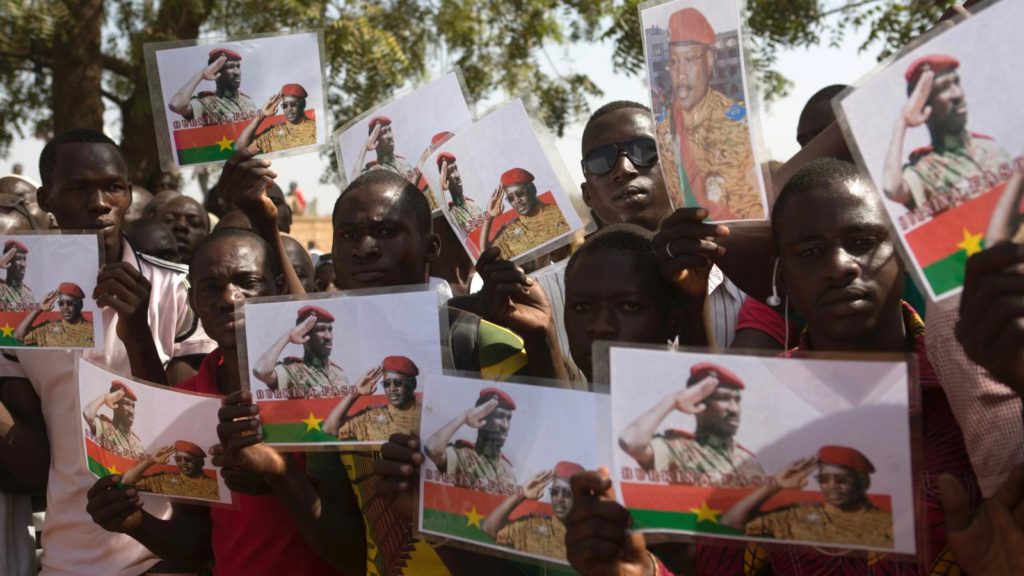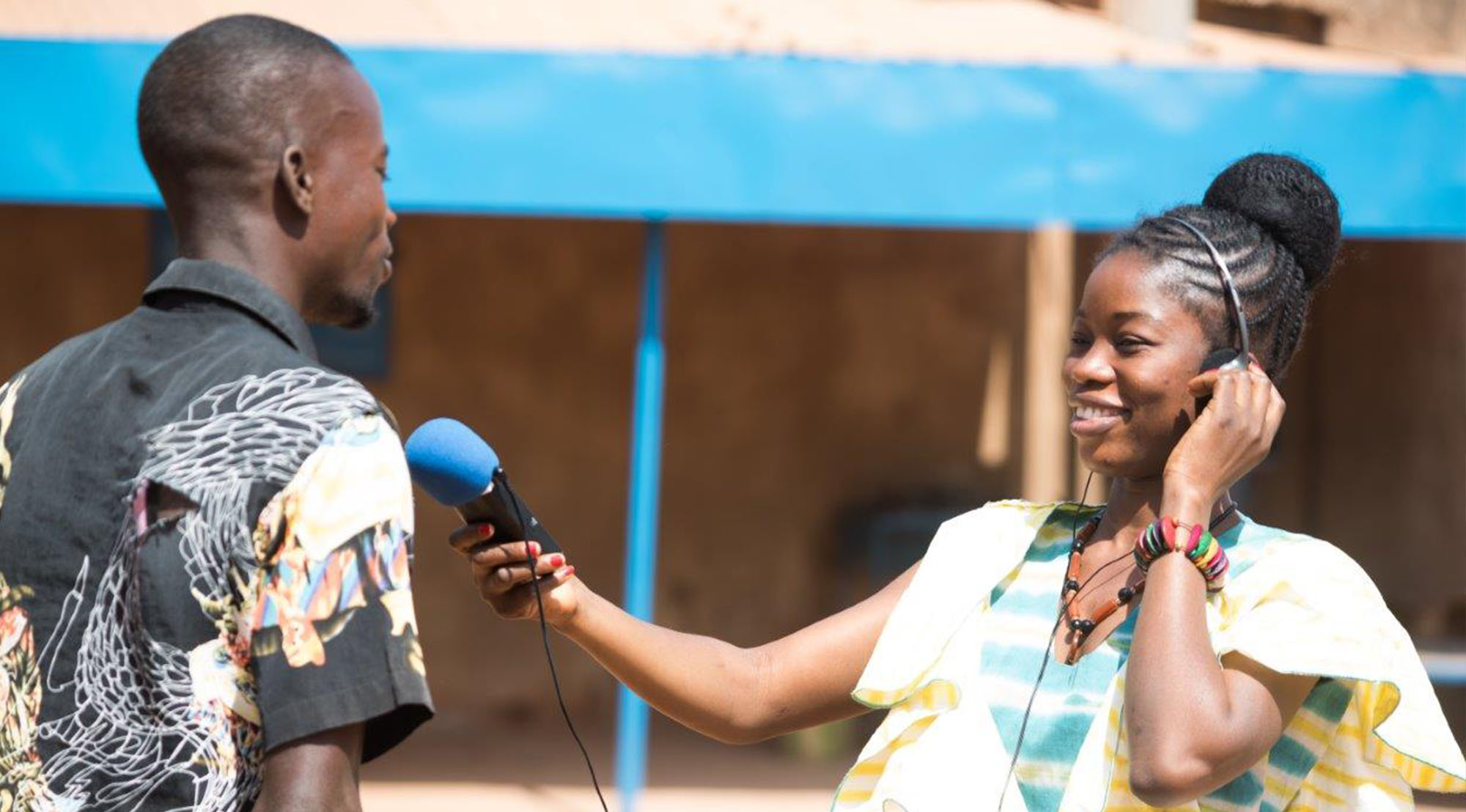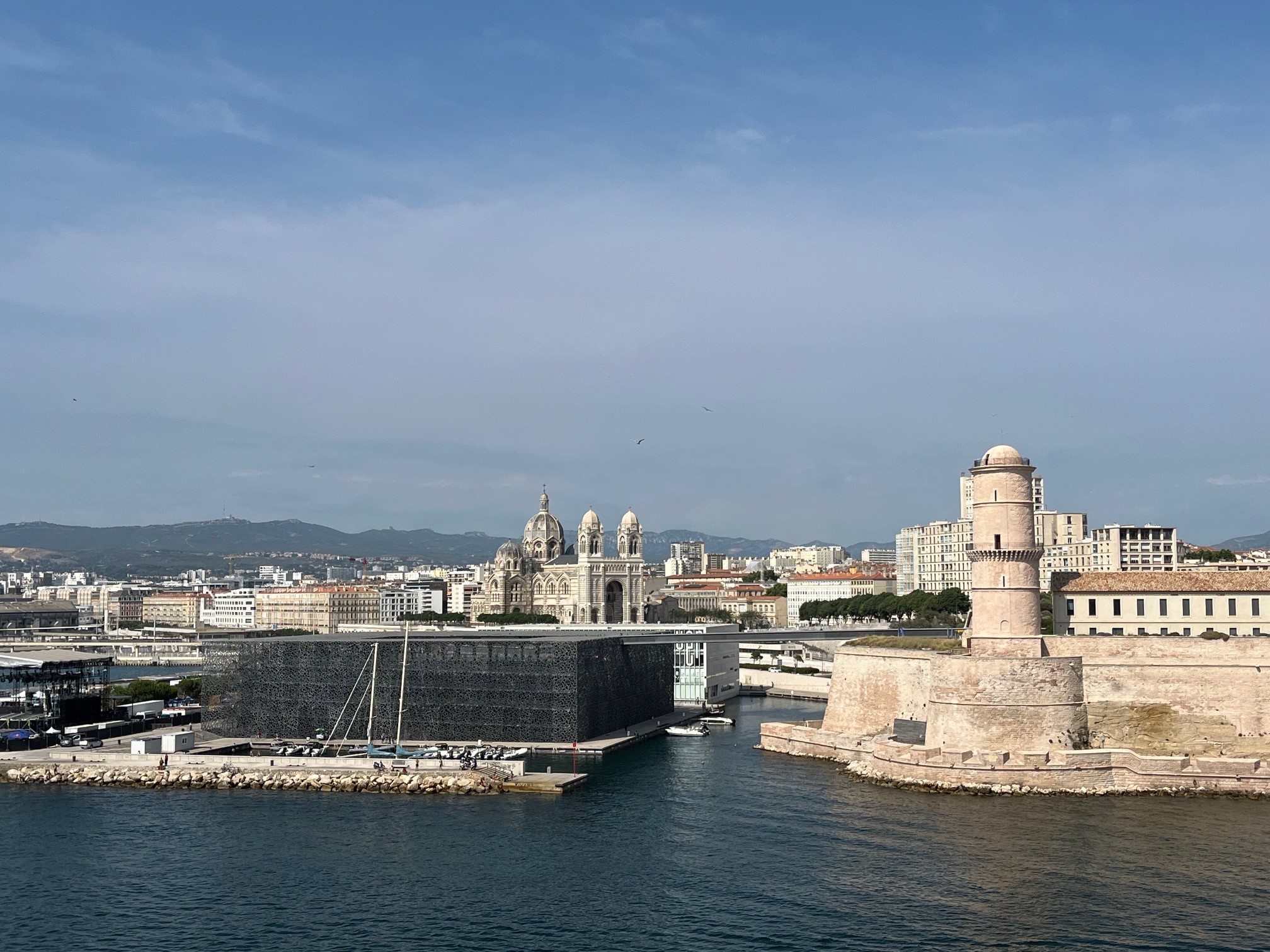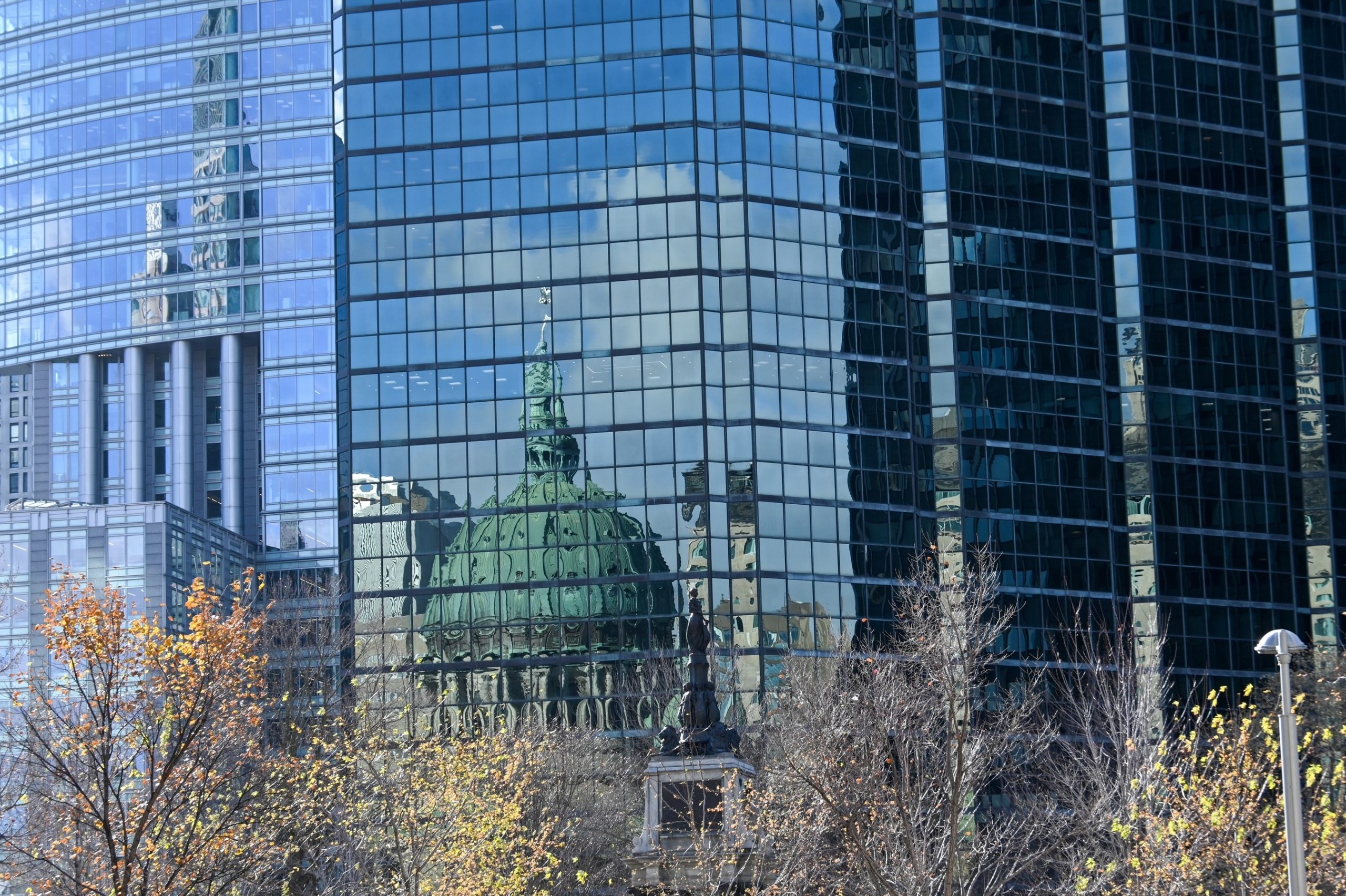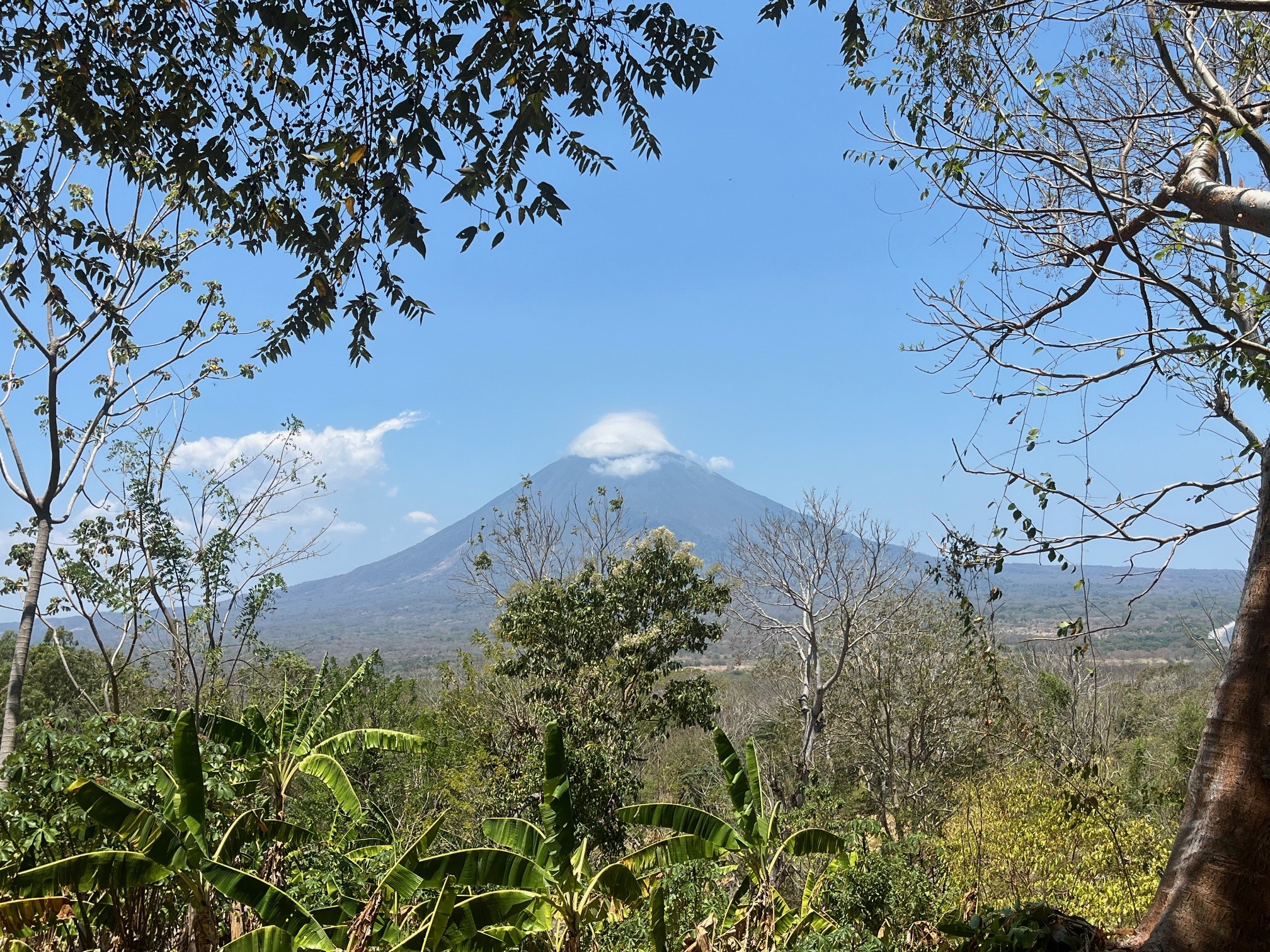The first time I heard of Thomas Sankara, I was living in Djibouti in the middle of the 90s. The minibuses in the city are almost all white with a few words inscribed in large red or black letters in front, probably so that their clients can easily recognize them. I assume the inscriptions were chosen by the owner or the driver. Often, they would reflect their religious sentiment or a passion, for example for soccer (« Maradona » or « Ronaldo »). One of the buses circulating in Djibouti and stopping at the passengers’ request proclaimed on its front « Sankara ».
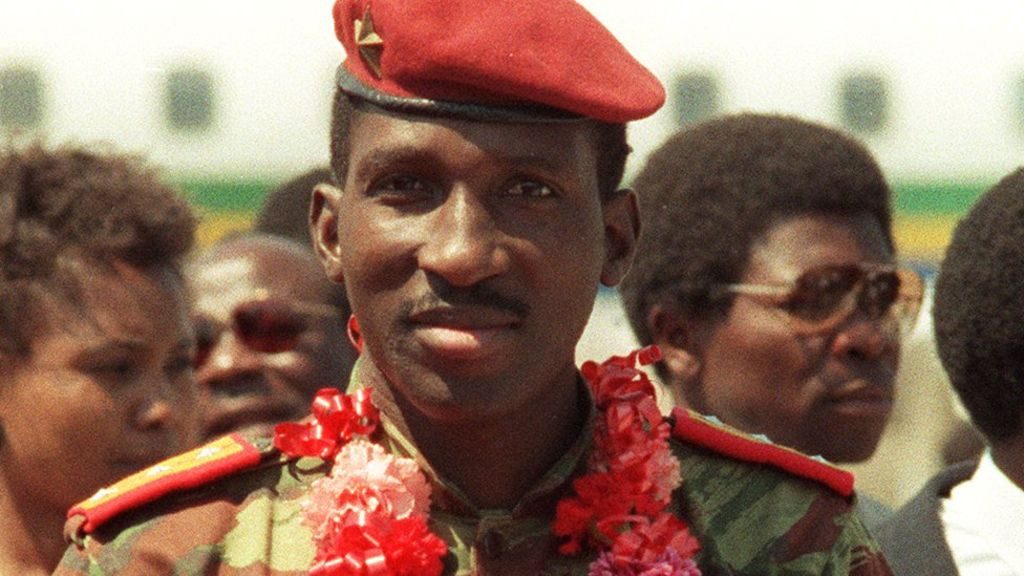
I looked for information and learned a little bit about the history of the young idealist leader from Burkina Faso and his popularity in Africa. People even told me that when Blaise Compaoré, Sankara’s successor at the head of the Burkinabé state, had started an official visit in Djibouti, his convoy from the airport came across the minibus dedicated to Sankara’s glory. Legend has it that, furious, the President of Burkina Faso, turned back immediately to reembark aboard his jet.
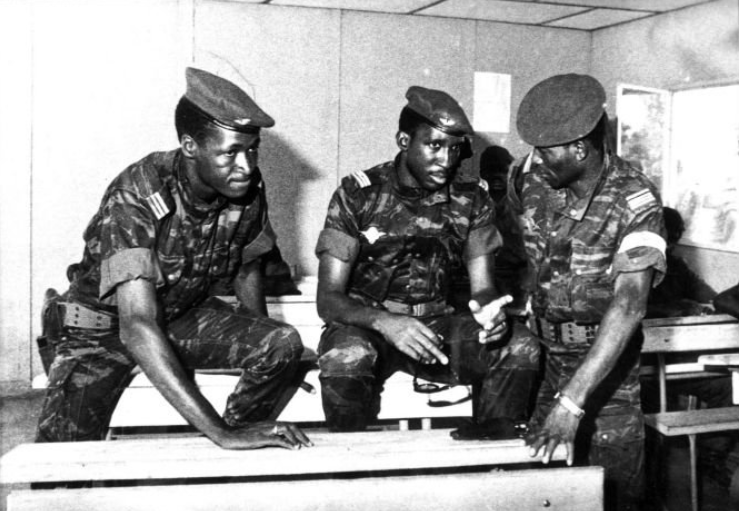
I don’t know whether the anecdote is authentic, but it illustrates well the tragic connection between Sankara and Compaoré. This relationship is key for Burkina Faso’s history and is also at the heart of the excellent novel « American Spy », the first published by the American writer Lauren Wilkinson. The book is very well written and brilliantly mixes the suspense of a spy thriller with a more subtle reflection about race and political loyalties.


Marie Mitchell is an African American woman who went back to live with her mother in Martinique. She writes a long letter to her sons, two young boys quietly sleeping in the next room. She tells them how she grew-up in the Queens. At the beginning of the 80s, she followed her father footsteps, a policeman, by joining the FBI academy. Once she graduates, she finds it difficult to find her place, professionally and politically, in the New-York office of the Bureau, a white, male and conservative stronghold. An offer from the CIA will let her escape from the routine in which she was stagnating. She is instructed to introduce herself in Thomas Sankara’s entourage when the young leader visits New-York City for the United Nations General Assembly. During the Cold War, the CIA wanted to keep an eye on the “African Che Guevara”, as he is starting to be called.
Passing as an activist, Marie perfectly succeeds in her infiltration: she visits with the African President incognito the black neighborhoods in New-York.
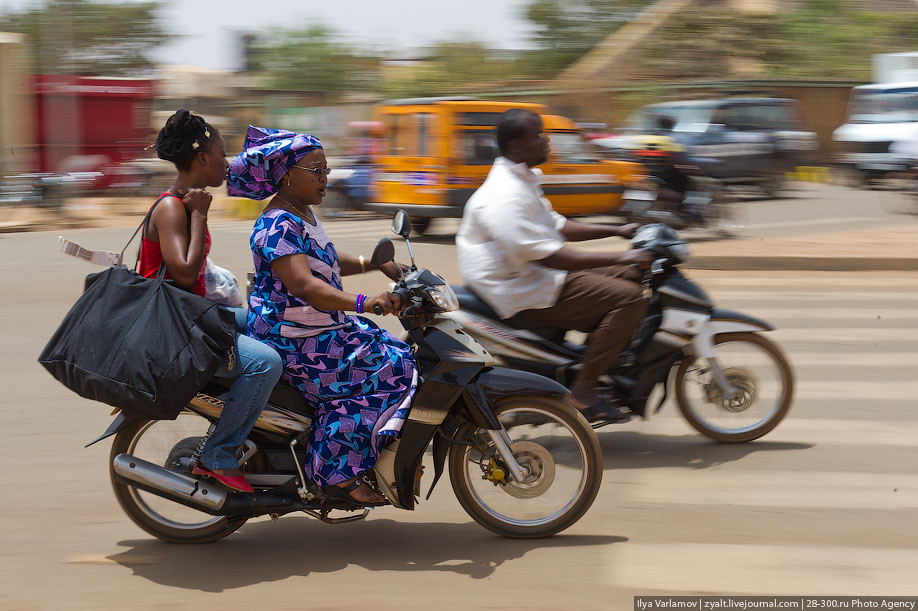
On the strength of this successful operation, the Agency sends Marie to the country that Sankara just renamed Burkina Faso, i.e. “The Land of Upright Men”. She gets even closer to the President. But then she realizes, too late that she became a cog in the complot that will allow Blaise Compaoré, Sankara’s former comrade in arms, to betray and topple in 1987 the young leader whose ideas had become too revolutionary to be acceptable to the Western powers.
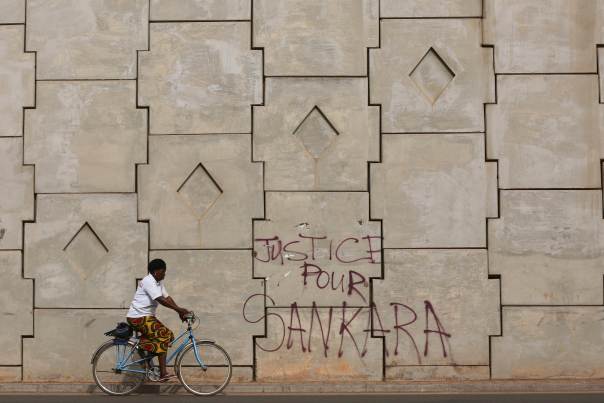
Sankara was murdered. This event still resonates in Burkina Faso, where after Compaoré was kicked out of power in 2014, it is again possible to speak freely of Sankara’s memory. An autopsy was just performed on his corpse which was discovered pierced by about a dozen bullets and a statue has just been erected in his honor.
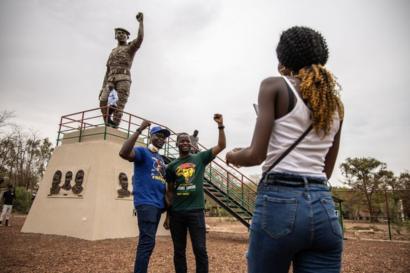
In the novel, Marie loses in that adventure all her illusions, but she comes back to the United States pregnant with Thomas’ twins.
